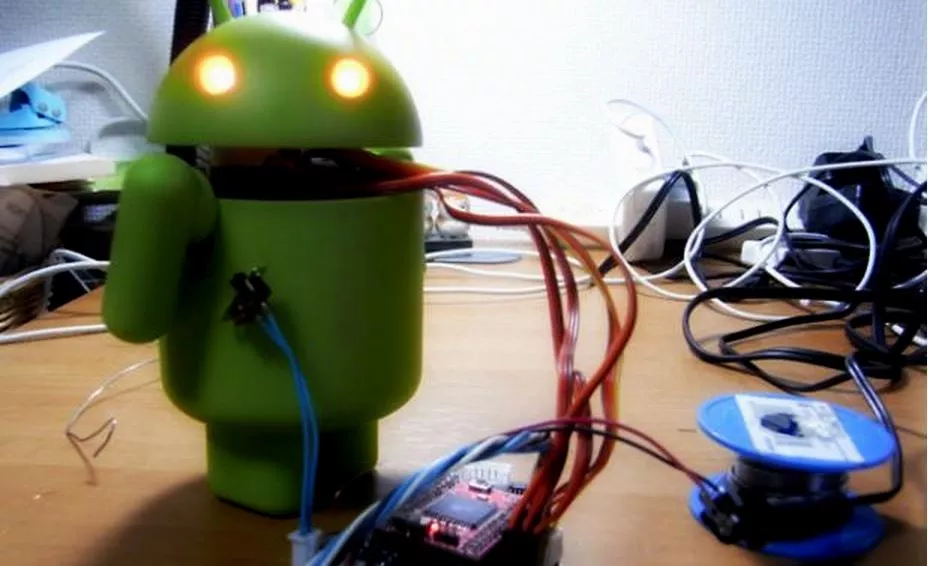500 Million Devices at Risk Due to Leaked “Easy to Use” RCSAndroid Malware

The massive data breach at the Hacking Team has resulted in tons of revelations regarding different kinds of spyware and the potential security threats. Dozens of malicious codes are now available to hackers, and companies like Adobe, Microsoft etc. are issuing patches for the same. One the latest discoveries resulting from the breach could be of great interest to the Android enthusiast. The leaked code for RCSAndroid could be developed into a full fledged malware suite that has enough power to cripple the Android devices.
The researchers from the security firm Trend Micro have identified the RCSAndroid malware as one of the most advanced Android malware ever developed. The firm says that the suite provides even the unskilled hackers an ability to use world’s most advanced Android suites.
The features of RCSAndroid malware include capturing remote screenshots and monitoring clipboard content. The malware can collect Wi-Fi passwords and hack social media accounts like Facebook, Skype, Twitter, WhatsApp, Google, Mail, and LinkedIn. The attacker can even record the voice from user’s phone using microphone along with collecting information like SMS, MMS and emails, recording location, device information, capture pictures using the back and front cameras etc.
Added to these, the RCSAndroid malware has the ability to hook into the mediaserver system service and capture the real-time voice calls.
RCSAndroid malware is known to researchers since 2014 and it is being used actively since 2014. The malware used two methods to target the users that included text messaging to users to lure take them to the harmful websites. The second method included a fake news app called “BeNews.”
How to stay safe from RCSAndroid malware?
The researchers are calling the leaked RCSAndroid malware code as a commercial weapon in the wild. They have advised the users to look for the signs of monitoring.
The indicators could be your phone rebooting, unfamiliar apps in your device, or sudden freezing instant messaging apps.
Image: Ubergizmo
For more updates and interesting stories from fossBytes, subscribe to our newsletter. [newsletter_signup_form id=1]







